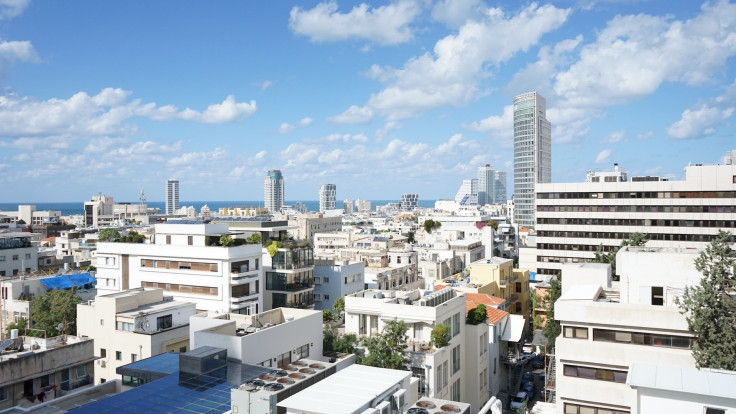Global Anti-Semitism And Its Ripple Effect: A Housing Crunch In Israel

The recent surge in global anti-Semitic incidents, spurred by the conflict in Gaza, is having an unintended consequence on the Israeli housing market. According to a recent press release by Israeli technology company BMBY, the world has witnessed an alarming 1,180% increase in anti-Semitic incidents and crimes since the conflict erupted, with the United States, the U.K. and France reporting significant spikes.
In response to these heightened attacks, BMBY conducted a comprehensive analysis of new apartment sales projects in Israel, unveiling a staggering 400% growth in housing demand among Jewish communities worldwide. This surge underscores the profound impact that global events, such as the rise in anti-Semitism, can have on the Israeli housing market.
Minister of Aliyah and Integration, Ophir Sofer, anticipates a substantial increase in immigrants to Israel as a result of this global rise in anti-Semitism. Mark Zeevi, CEO of BMBY, stresses the urgency of the situation, emphasizing the need for refuge-seeking and investment considerations among global Jewish communities in the face of rising anti-Semitism. Purchasing property in Israel is not only viewed as a strategic move for personal safety but also as a form of support for the Israeli economy and a prudent investment.
The Israeli construction sector, particularly residential construction, is a crucial pillar of the country's economy. However, the conflict has led to a predicted reduction in housing units built, exacerbating an existing shortage of approximately 200,000 apartments caused by low construction rates relative to population growth. This shortage is expected to persist post-war, leading to a surge in property values in Israel due to increased demand against limited supply.
The anticipated rise in property values presents a unique investment opportunity for global Jewish communities. Beyond serving as a place of refuge, Israel is increasingly seen as an attractive destination for real estate investments. The Israeli government's commitment to economic growth and stability, coupled with the historical trend of property value appreciation, positions the country as a promising investment hub.
Israeli real estate has historically demonstrated a steady appreciation in value. According to data from the Central Bureau of Statistics, property prices in Israel have steadily increased over the past 40 years. This historical trend, combined with the government's commitment to economic growth and stability, positions Israel as a promising investment hub.
Investing in Israeli real estate not only aligns with the immediate need for refuge but also provides a means for global Jewish communities to contribute significantly to the Israeli economy. Beyond the economic impact, each home purchase has a broader societal influence, affecting approximately 1,000 families and generating crucial tax revenue. This dual impact positions real estate investment as a strategic move to fortify the Israeli economy, with potential returns as the demand for housing continues to outpace supply.
The unintended consequence of the surge in global anti-Semitism is altering the dynamics of the Israeli housing market. As Jewish communities seek refuge and investment opportunities, the anticipated housing shortage and subsequent rise in property values in Israel present both challenges and promising prospects. BMBY's findings underscore the need for a nuanced approach, recognizing not only the immediate refuge-seeking considerations but also the long-term investment potential that Israel offers. In navigating these changes, global Jewish communities have an opportunity to play a pivotal role in shaping the future of Israeli real estate.
Nuri Katz is the founder of Apex Capital Partners, a boutique advisory firm specializing in investment consulting and wealth management for a multinational, high-net-worth clientele.
(Opinions expressed in this article are the author's own.)
© Copyright IBTimes 2024. All rights reserved.






















